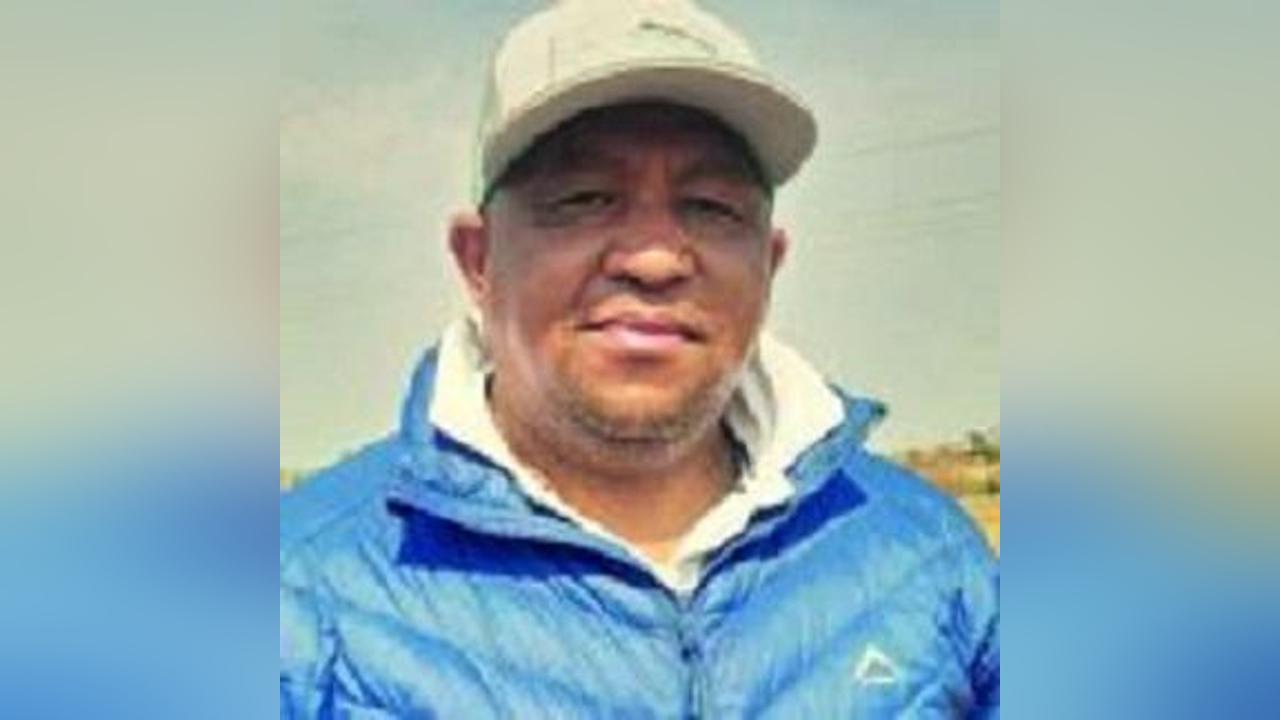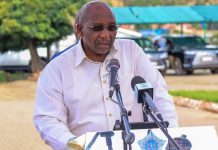Africa-Press – Lesotho. IT was Sam Matekane’s rousing call to “revolutionise Lesotho’s economy” that eventually persuaded Moeketsi Motšoane, 45, to join the newly formed Revolution for Prosperity (RFP) party last year.
Almost a year after Matekane was elected Prime Minister, Motšoane remains acutely aware of the huge challenges his party is facing in transforming Lesotho’s anemic economy. There have been “baby steps” towards economic transformation, but progress all the same, Motšoane says in an interview with thepost at the weekend.
Most of the challenges the business sector is encountering are due to “bad politics” that have been at play for the past five decades following Lesotho’s independence from the British in 1966.
Basotho are paying for the bill for the years of misgovernance, he says. Matekane, who was elected amid euphoric scenes in October last year, had promised radical economic transformation by creating jobs for thousands of Basotho and reversing the political rot.
That is still to be realised, almost a year after he took office. But for Motšoane that is not a sign of failure. Instead, he thinks Matekane is still on track to achieve most of his electoral promises.
Chief among the key promises he made was to breathe life into Lesotho’s comatose economy. “What the RFP has promised Basotho will not happen overnight,” he says.
“But we are still on track.
” Motšoane says Matekane’s initial idea was to form a political party that would be business-friendly and be driven by businesspeople.
That idea was later dumped, opening up the party to every Mosotho. While that saw the RFP grow its base, it also brought in shady characters who are now brewing trouble for the party.
“They came here with the old mentality of fighting over seats,” Motšoane says.
The RFP is currently in the throes of a bitter internal wrangle that last weekend saw two top MPs, who include Dr Mahali Phamotse, suspended from the party for a period of six years.
Another MP is Thuso Makhalanyane from Abia constituency. Lithoteng MP Kobeli Letlailana was later slapped with the same suspension on Tuesday. This means three MPs have been suspended from the party.
The decision to suspend the MPs was unprecedented and served to officially confirm that the party was in trouble. Motšoane however remains buoyant, insisting Matekane remains in complete control of the ship of state, despite the challenges.
“Our fights are not that bad,” he says, in what appeared to be a feeble attempt to downplay the crisis.
He says the RFP government was elected to work for the people and those bent on enriching themselves should leave the party. Motšoane says for years politicians saw politics as a vehicle for accumulation.
They were taking politics as “work”, he says. “Our argument is that we should work for Basotho and not ourselves,” he says. He says the biggest problem is that some politicians think things have to happen for them as individuals.
“Basotho have elected the RFP into power and it should be given a chance to govern,” he says. To transform Lesotho’s economy, Motšoane believes the key lies in persuading as many people as possible to venture into business.
Motšoane runs a number of successful businesses in Mafeteng district that include general dealerships and fuel stations. From an early age, Motšoane had always been inclined towards business.
He remembers vividly how he told his friends after writing his Cambridge Overseas School Certificate (COSC) final exams in 1998 that he was not going to proceed with school but would instead enter the business world.
This was not because his parents could not afford to pay for his tuition fees at tertiary level. Instead, he believed that the basic education he had acquired at that level was enough to see him succeed in life.
His mother was running a small shop in the rural area of Boleka in Mafeteng. “She was also selling alcohol in that shop,” Motšoane says. What he saw from his mother’s business at close quarters inspired him to join business and see it as a lucrative career path for himself that would keep hunger at bay.
“I started a small bar with just three cases of beer,” he recalls.
“I was paying rent of M500 a month just outside Mafeteng town.
” It was a tough business. His lack of experience in business worsened the situation.
“Clients would come from bars in (Mafeteng) town already drunk only to cause trouble at my business,” he says, adding that those clients would buy only a few items and then leave.
“Mafeteng people are notorious for fighting and they would want to fight when drunk,” he says. The bottle store business tested his patience to the limit, he says. Despite the challenges, Motšoane says giving up was never an option.
He eventually rented bigger premises right in the centre of Mafeteng that saw him move bigger volumes. He says while trying to boost his business, he had to contend with an influx of Chinese businessmen who moved into Mafeteng, selling alcohol too.
The well-heeled Chinese gave him a run for his money. “The Chinese investors created a lot of problems for me,” he says. Motšoane eventually diversified his business portfolio as he ventured into the public transport business in South Africa.
He says running a business is no walk in the park; it requires lots of hard work and perseverance. “You have to save money generated in the business no matter how small it is,” he says.
“One can at least spend the profit and not all of it,” Motšoane says.
He says it takes real sacrifice to succeed in business. “I remember spending a whole year without (meaningful) relationships. I was only concentrating on my business,” Motšoane says.
He says business is all about discipline and to cut off small useless things that could make one lose concentration on making money. Motšoane bemoans the lack of access to finance to start businesses.
Most banks in Lesotho remain hostile to fund new businesses. Those who seek to enter business are therefore on their own, he says. He says his success was not through his own tears and sweat; there were others who had already succeeded in business who mentored him. He says he is grateful for their guidance and support.
For More News And Analysis About Lesotho Follow Africa-Press






